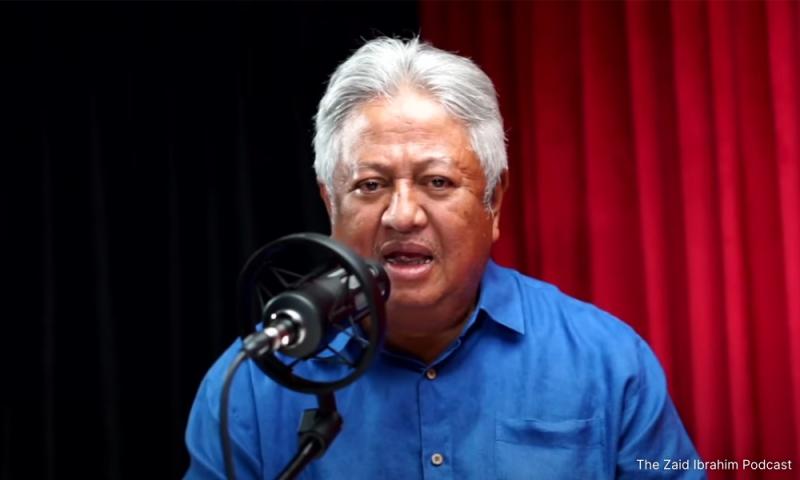The inspector-general of police need to be commended for his initiatives with regards to deaths of detainees while in police custody.
Initiatives from the IGP are good, but they are not enough unless and until these matters are given bite by being enacted as a law or a subsidiary legislation.
The IGP's initiatives have been long overdue but until they are given the force of law, they will nothing more but expressions of temporary stance, position or policy.
A person who is arrested has a right to be brought before a magistrate within 24 hours of his arrest and this is provided for in our Federal Constitution as well as in our Criminal Procedure Code.
Likewise, with regard to death under 'police supervision', there is a need to stipulate most clearly the time by which a post-mortem needs to be done, and the time by which an inquest must be held. The stipulation of such time periods is essential to avoid unnecessary procrastination that will defeat the real intention of procedures and stated rights.
One of the concerns raised by families of those who died while in police custody was dissatisfaction about the manner and results of the post-mortem conducted by government doctors. We also clearly need to provide the right for an immediate and prompt second post-mortem to be conducted by a second expert appointed by the person's next-of-kin.
Family members and their lawyers should also have the right to be informed of the death no later than six hours, and to immediate and full access of photographs of the deceased as and when discovered (before and after post-mortem) together and the full post-mortem report.
Details of where the death happened, details of persons, including police personnel, present in the lock-up where the death happened, details of personnel involved in the arrest and investigation of the deceased from the point of arrest until his/her death should also be provided.
There must also be an immediate investigation into the death done by a special unit which should not be from the same police station or same police district. All police officers involved with the deceased's case must be identified and their statements recorded .
The police officers involved should be suspended temporarily with clear instructions not to discuss the case pending investigations by the said independent team. This is important to prevent any possibility of conspiracy or collusion between persons involved in the said death in custody.
Deaths during police supervision may also involve persons temporary detained in police lock-ups who may not be there the day after. Hence the importance of prompt action by the said independent police investigation team.
The team should also act promptly to seize all recordings (from the closed-circuit TVs that will be installed in all lock-ups) and all other physical evidence concerned with the case. Families and lawyers should also be supplied with a list of physical evidence that has been collected and seized.
This is important, given the fact that in one previous case, family members alleged that there were no bullet holes in the shirt the victim was wearing although police said he had been shot several times in the upper torso below the neck.
What we have gotten so far are only initiatives, as I stated earlier. What we need is certainty as nothing will be sufficient unless it is legislated and enforceable via an Act of Parliament.
We also need to deal with serious injuries that occur to persons under police supervision or custody, and also victims of police shootings. There is a need for similar investigation procedures and for the rights of their families to be addressed.
With regards to closed-circuit TVs monitoring lock-ups, this is not enough as alleged violence during police custody may happen not only in the lock-ups but also in interrogation rooms. What we need is closed-circuit TV monitoring in all the rooms in police stations.
There may not be a need for audio monitoring but at the very least there should be video recordings for which clear guidelines should be provide as to how these recordings are going to be kept safe, and for how long.
The IGP Mohamed Bakri Omar has taken the first initiative, and this must be appreciated but now it is time to 'walk the talk' by ensuring the initiatives are codified and gazetted.
Needless to say, this will go a long way towards restoring public confidence in our Malaysian police besides lowering and possibly eliminating the incidences of deaths in police custody and via unsanctioned shootings.




